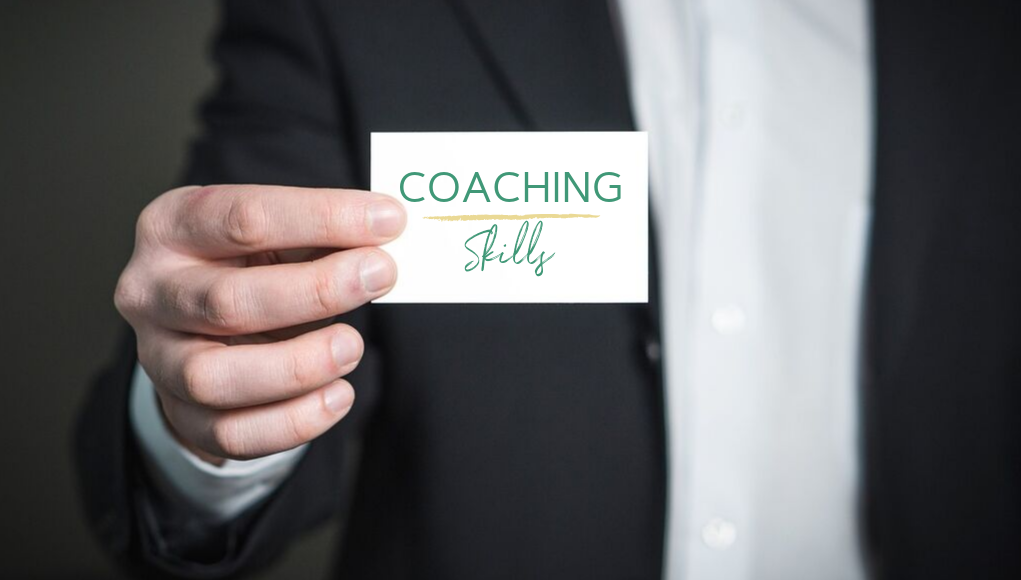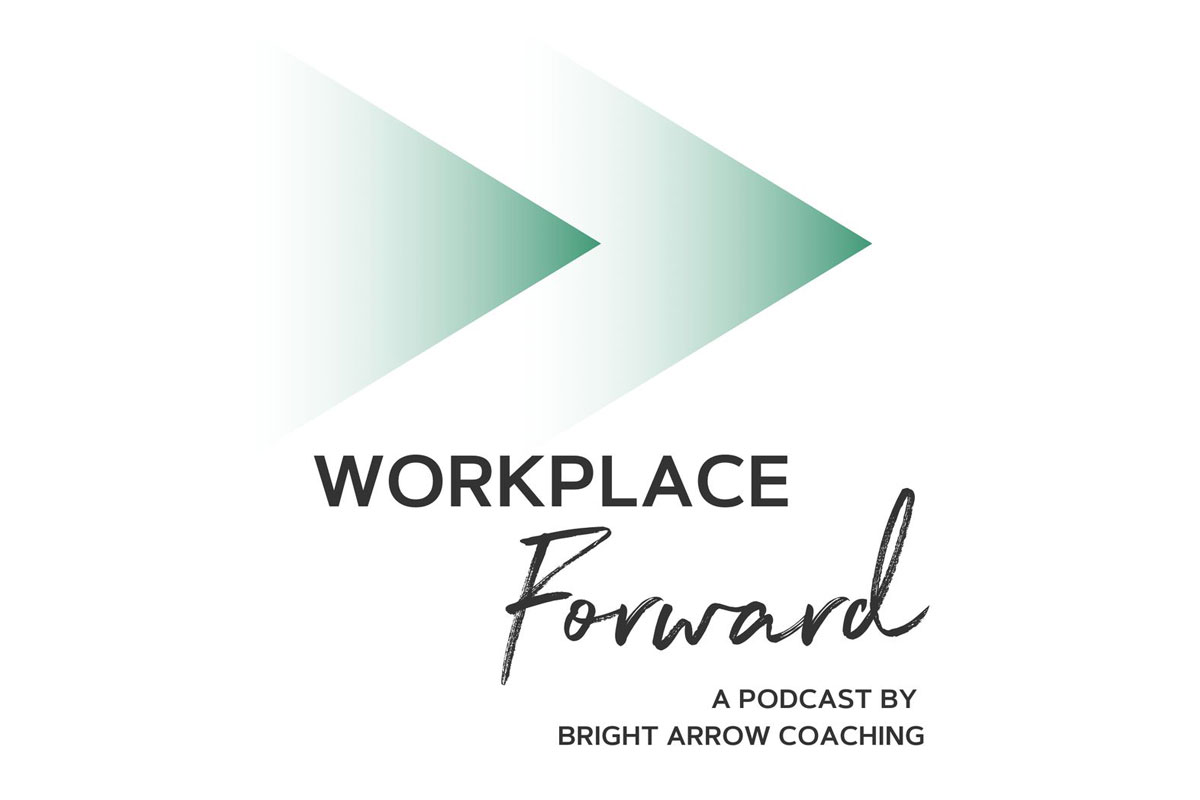One of my favorite offerings at Bright Arrow is the coaching skills workshop for leaders and HR professionals. Not only do we have a blast, but leaders have to be uncomfortable for a little while as they bumble through their first couple of role plays. I know that feeling all too well as I was once in their seat as the student (more on that later). There are four core coaching skills that anyone can learn, and with practice, seamlessly integrate them into their everyday approach to communication, problem solving, and brainstorming. Practice Global Listening Many leaders hold the seats they do because they’re great thinkers and problem solvers. However, their inclination to anticipate and fix can get in the way of listening. The shift is from listening to respond to listening to understand. Listen a level or two below the words. Is the person speaking conveying something in their tone, inflection, body language, or cadence that conveys something the words themselves are not (on the surface)? Is there a request or a fear buried in the story they’re relaying? Asking Open Ended Questions Any coach worth her weight in salt hears more than once a day from her clients “Wow! What a great question!” It is our job to help you unpack and really get to the core of your excitements and concerns. We are master question askers! You can be too. While questions that lead to ‘yes’ and ‘no’ have their place in a conversation, if you’re trying to expand on a thought or go deeper with someone, open-ended questions are where it’s at! These questions tend to open with “how” “what” or “why”. In coaching school, we all struggled (even if only briefly) to apply this skill. Try having an entire conversation and only asking open-ended questions. You’ll see what I mean. What you will also see is that with every question you invite your conversation partner to access deeper thoughts and bigger ideas. Sample open-ended questions:
- How can you reframe that so that you and the team can move forward?
- Why do you need to think that over?
- What is the gap between Point A and Point B?
Acknowledging & Validating What if I told you that we all just want to be acknowledged and validated? I’ve moved executives to tears just by acknowledging how hard something is and validating for them that the situation is difficult. We all feel rather alone when we are struggling because we naturally question if we are right or wrong. If we are normal. If we are feeling, thinking and doing the right things. This is part of the human experience. It is exquisite and painful. Nothing feels better than to be acknowledged and validated in those moments. Acknowledging is stating back or paraphrasing what was just said. In a way that allows the person speaking to know that you were listening at a deeper level. Examples of acknowledging:
- Let me see if I’m following you…(state back what you heard)
- What I’m hearing you say is…
- In other words…
This next skill is complementary to acknowledgement and requires a bit of practice: Validating. In short, when we validate, we are telling someone how they feel is okay. That they have a right to feel that way. This often feels hard for leaders who are new to this skill because they are immediately confronted by the fact that their own feelings are okay! You’re mad? Of course, you are. You feel hurt? It makes sense that you feel hurt. We can all feel challenged by the idea that feelings are never wrong. Everyone is entitled to theirs even if they’re different from your own. Swim in that the next time you and your spouse or boss have a disagreement. Examples of validating:
- It is perfectly natural for you to feel x…
- Because you’ve put so much effort into this (acknowledging), it is no wonder you feel so angry that x…
- Given your level of insight into the situation, it makes sense that their reactions would make you would feel x…
Keep in mind that validating is all about the other person. Never insert yourself into their experience by identifying with it. Just be with them in their emotions. Inserting yourself may sound like, “I completely understand because one time I…” or “I would feel the same way!” It is so tempting to go this route because when someone is hurting or upset, we are inclined to identify with them as a way to connect. Resist the temptation and don’t muddy their water with your own story. When I went to coaching school several years ago, I already had years of coaching under my belt. But, validating proved to be one of the more difficult skills for me to master because I had to look at my own “stuff” first. I’ll never forget this life changing lesson from my instructor. We were in a live coaching demo where I had to coach a peer in front of the class, then receive live feedback about how I did. I was elated when she opened with, “Tegan, that was really excellent. There were some masterful elements to your coaching.” (I was glowing on the inside for a split second, until she finished her thought.) “But, you really just checked the box on validating. It didn’t come from your heart. It felt like you only validated your client so you could get on with the coaching.” OUCH! And, HOORAY for that life changing moment! I tell that story every time I teach coaching skills now. The ability to deeply validate requires us to adopt the belief that it always makes sense for people to feel the way they feel. I had to believe that for myself and about myself before I could master this skill. The best way to learn these skills is through practice. Pick one skill a day or a week and use it in every conversation you can. Be curious about what unfolds within yourself as you go. Notice what it incites in the people you’re speaking with at work and at home. This article was originally published on Forbes.
Looking for a regular does of empowerment? Sign-up for Bright Arrow News here.









